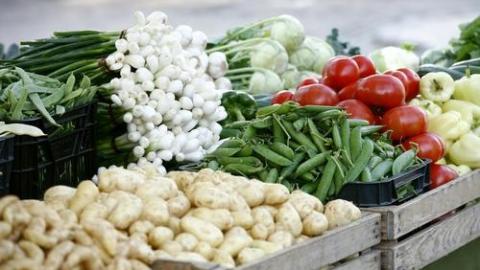Organic Food: No Longer Sustainable?

What’s the Latest Development?
Are you buying beautiful organic tomatoes in the middle of winter? Increased demand for year-round, out-of-season organic produce has shifted domestic production to Mexico where large farms harvest monocultures, depleting local soil and water resources. Experts say the success of organic produce has increasingly removed it from its ideals: “Produce that is not only free of chemicals and but also grown locally on small farms in a way that protects the environment.”
What’s the Big Idea?
Frederick Kirschenmann, a fellow at Iowa State University’s Leopold Center for Sustainable Agriculture, says: “People are now buying from a global commodity market, and they have to be skeptical even when the label says ‘organic’—that doesn’t tell people all they need to know.” Controversy surrounding the global organic market carries with it many questions associated with globalization in general: Organic farms from Mexico to Chile, who market mainly to fickle US consumers, are making money for their families and communities.
Photo credit: shutterstock.com





